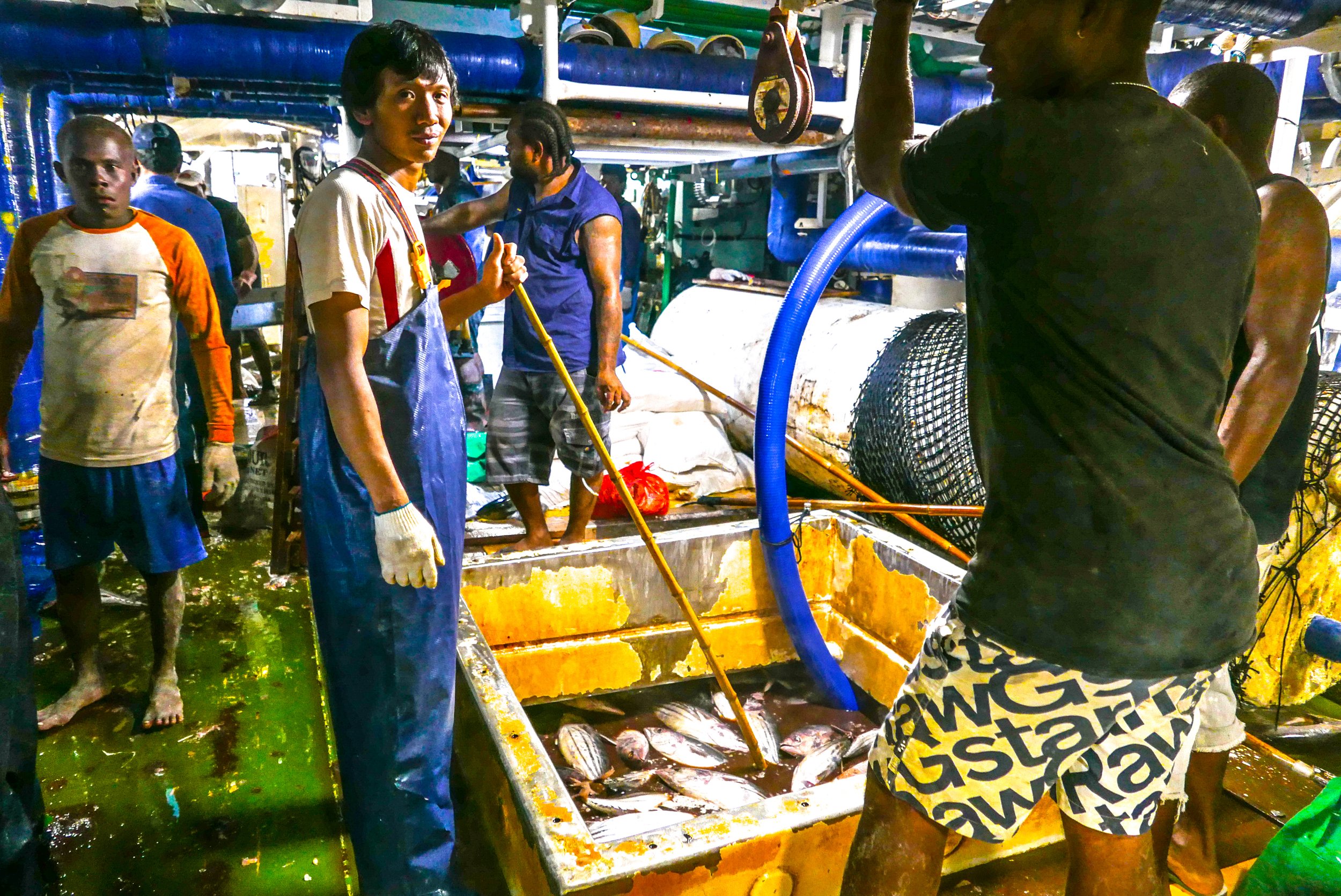I’m starting research into my long-held belief that the private certification model (such as eco-labels and crew labour standards), with explicit NGO support, fundamentally extends the neocolonial dependency model. Transnational private certifications reinforce longstanding global relations of domination by creating certification “brands” that have much in common with the colonial-era extraterritorial empires.
In this research, I came across this jewel of a paper from 2012 - A new extraterritoriality? It focuses on the Aquaculture Stewardship Council (yet includes the MSC in its analysis). It highlights some words that echo my position regarding “white saviours” and the colonial roots of ecolabels and labour certifications.
Some of the key concepts I will use are presented below.
The authors show how the territorial practices in the certification standards replicate aspects of the legal extraterritoriality of the colonial period and how these new forms of extraterritoriality create disaggregated and variegated sovereignty scapes. Key shared features include the identification of subjects that need protection, a narrative that depicts local states as inadequate for providing these protections, and the creation of territories where imperial states provide these protections during the colonial period, and certification agents for transnational eco-certification."
The authors turned to colonial-era extraterritoriality in part because this comparison does more than raise questions about the role of government and the remaking of sovereignty. It also helps them highlight how transnational eco-certification can replicate and reinforce longstanding global relations of domination by creating an eco-certification empire, which has much in common with the colonial-era extraterritorial empires.
Much like an extraterritorial empire, the eco-certification empire does not aim to displace state rule through direct colonisation. Instead, it acknowledges the existing legal system and then creates certification territories, where certification agencies claim rule-making and rule-enforcement authority in ways that pre-empt government authority. These territories contribute to creating a variegated sovereignty in which the state does not have exclusive or absolute sovereignty. We have also shown how there are parallels in how transnational ecolabels seek to protect valued subjects and in how transnational ecolabels is justified through a narrative of deficient states. What has changed is that it is no longer the subjects of Christian countries that are protected but endangered non-human species, local communities, workers, women, and children. Finally, the new extraterritoriality is partial-it does not challenge the legality of state regulation of fishing while at the same time claiming the right to assess whether fishing follows state regulations and to add more regulations.
They also think that it is essential to consider how primarily Northern-based transnational eco-certification actors may be replicating imperialist patterns in identifying subjects in the South that need protection and taking on the role of providing that protection while dismissing or ignoring national or local actors.
